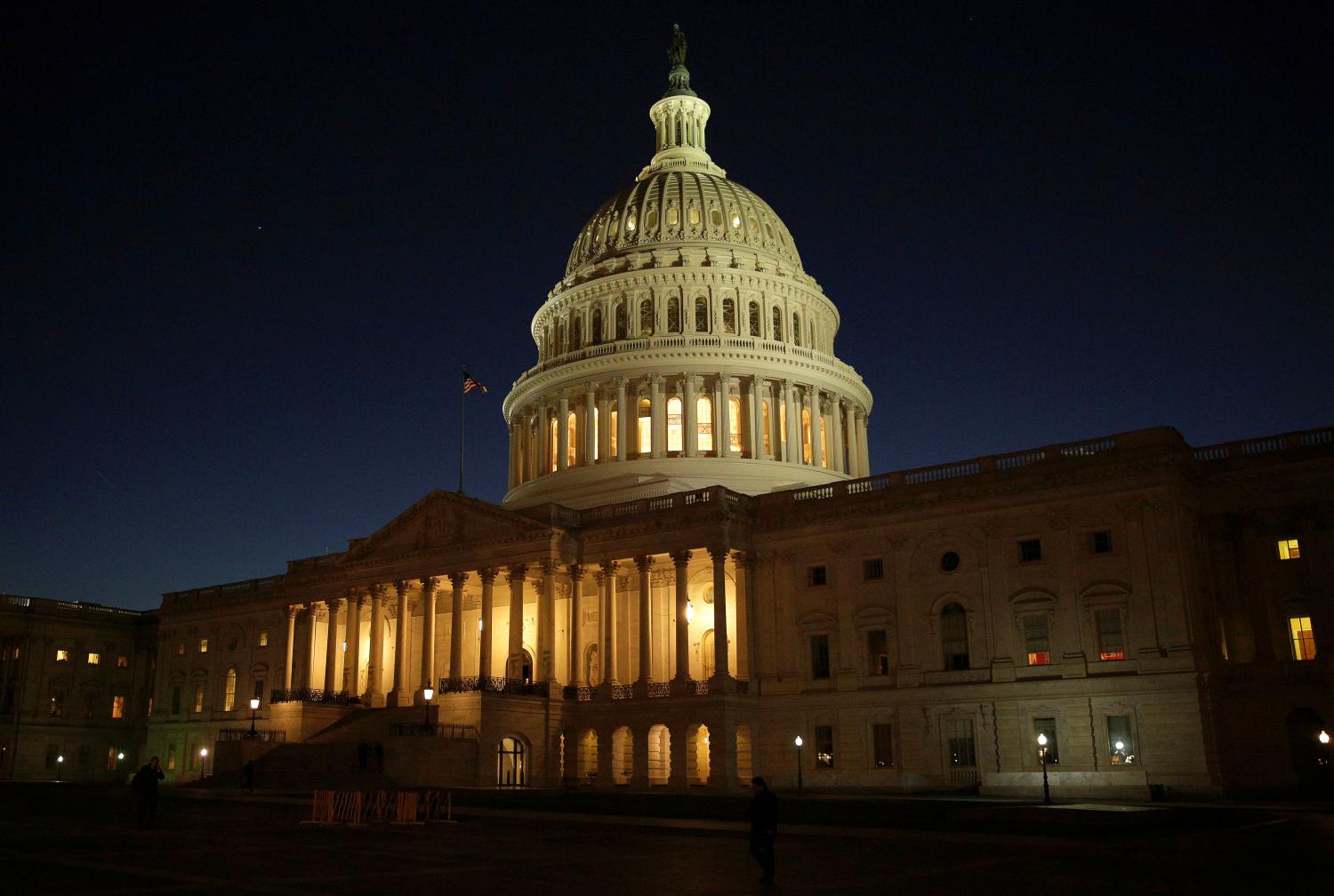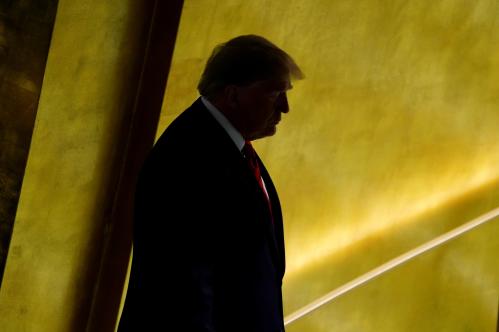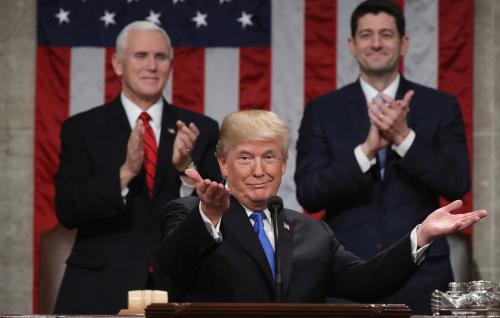Statutes and regulations must be enforced to have any practical meaning. One unconventional but critical way to achieve enforcement is to empower private individuals rather than public prosecutors. Throughout the country’s history, Congress has permitted individuals who uncover misconduct to share in the proceeds from a verdict or settlement even where the individual has not been directly harmed by the defendant. The most well-known of these laws, which lawyers refer to as “qui tam” statutes, is the federal False Claims Act, which first was enacted during the Civil War to fight fraud by corrupt defense contractors providing shoddy weapons and materials to the Union Army. In its current form, the False Claims Act allows private parties to not only bring suits on behalf of the government against those who have defrauded the U.S. government but also to receive part of the government’s recovery in the case if all the statute’s requirements have been met.
In recent years, and sometimes in response to frauds like the Madoff debacle, Congress has allowed or required agencies to adopt whistleblower programs. Congress has authorized the Securities and Exchange Commission, the Internal Revenue Service, the Commodity Futures Trading Commission, and the Department of Treasury’s Financial Crimes Enforcement Network to create whistleblower programs. The Securities and Exchange Commission’s program, for example, has been in place for over a decade, with enforcement actions from whistleblower tips resulting in billions of dollars in recovered financial sanctions and whistleblowers receiving over $1 billion in awards. Critically, unlike the False Claims Act, agency programs typically do not involve private individuals bringing suits themselves. A whistleblower in these programs instead provides information for use by the agency itself in an enforcement action.
Given the resounding success of whistleblowers helping the federal government detect misconduct, we propose that Congress apply the model more widely by authorizing or requiring more whistleblower programs in more federal agencies. Below, we briefly compare the features of the False Claims Act with more recent whistleblower programs. We then discuss some general statutory or regulatory conditions—such as an enforcement scheme with the ability to obtain monetary sanctions—where a whistleblower program can complement an agency’s existing enforcement scheme. We provide specific examples of agencies that could benefit from a whistleblower program, and we discuss the ways in which Congress could expand agencies’ ability to establish whistleblower programs across the federal government.
Private assistance, not partnership
Under the False Claims Act, a private party may file a complaint on behalf of the United States. The Justice Department has several options once a plaintiff files suit: intervene and take over the case; decline to intervene and let the plaintiff, called a “relator,” continue to prosecute the action; or move to dismiss the complaint.
There has been a recent, subtle, and under-theorized shift in how new whistleblower programs have been structured in the past few years. Several recent whistleblower programs differ in kind from the False Claims Act because they do not involve a private plaintiff filing a complaint on behalf of the federal government or one of its agencies. Instead, the whistleblower provides a tip to the government agency, and only if the agency successfully obtains a monetary sanction based on the information may the whistleblower be entitled to obtain money as measured at least in part by the amount of sanctions obtained.
We have not uncovered a specific reason why this shift has occurred. Perhaps Congress has refused to treat whistleblowers like relators because some Members of Congress agree with criticisms of the False Claims Act that litigation on behalf of the United States should only be brought by the United States to ensure that any suit serves the executive branch’s interests. Or maybe Congress has concluded that agencies with specific congressional grants of enforcement authority need to be responsible for—and control the direction of—all aspects of their enforcement agendas. This may be especially true in complex policy areas such as tax law. It’s likewise possible that Congress has decided to structure agency whistleblower programs differently from private attorney general statutes—like the one found in the Clean Water Act—because it agreed with the argument that those statutes hand too much power to private parties rather than placing control of an agency’s enforcement apparatus with the agency itself. Regardless of congressional intent, the result of this congressional design in practical terms is that a whistleblower in a program providing awards based on successful government actions plays a more behind-the-scenes role in comparison to a relator actually filing suit under the False Claims Act, while at the same time the agency holds the reins when deciding which enforcement actions to pursue.
Future agency whistleblower programs
As a historical matter, whistleblower programs have typically focused on actions involving fraud against the government. But there is no reason why that has to be so. These programs may be established in a variety of circumstances. Indeed, Congress could authorize any federal agency that has the ability to obtain monetary sanctions against defendants that violate statutes or regulations to supplement its enforcement program with a whistleblower program. For example, the Environmental Protection Agency administers enforcement programs that may result in monetary sanctions for defendants. Other agencies such as the Department of Agriculture and the Department of Labor also may impose sanctions. Similarly, the Consumer Product Safety Commission, the Federal Communications Commission, the Federal Energy Regulatory Commission, the Federal Maritime Commission, and the National Indian Gaming Commission all have provisions allowing the agency to impose monetary penalties. Yet none of these federal agencies has a whistleblower program devoted to rewarding those who provide useful assistance to the agency’s enforcement programs.
The absence of widespread whistleblower programs must be juxtaposed against the sweeping benefits of these programs. These programs function as force multipliers that permit agencies with limited investigative and litigation resources to capture more regulatory violations. Whistleblower tips allow misconduct that would have gone undetected to be uncovered. Whistleblowers may provide greater insights into malfeasance that might have already been on an agency’s radar but not in any detailed way. And the potential for a whistleblower action may minimize misconduct in the first place, particularly where illegal activities are difficult to detect by the government but not by a company insider. Agencies can also minimize any negative ramifications for insider whistleblowers by promulgating regulations that provide protections against retaliation. In short, a properly structured whistleblower program can enhance an agency’s enforcement program to allow the agency to more fully implement the enforcement statutes it administers.
Against the backdrop of these benefits, we believe that Congress should authorize more whistleblower programs in one of two ways:
- An individual approach: Consistent with past practice, Congress could take a targeted approach and enact statutes authorizing or requiring individual agencies to establish a program.
- A categorical approach: Congress could enact a single, blanket “Agency Whistleblower Authorization” statute permitting any agency that has the authority to impose monetary sanctions to promulgate regulations establishing a whistleblower program. To remove any doubt about which agencies would be covered by such a statute, Congress could state that its authorization extends to any agency required by the Federal Civil Penalties Inflation Adjustment Act Improvements Act of 2015 to annually adjust for inflation the civil monetary penalties the agency may impose, to the extent that the agency is not already authorized to establish a program. To preserve flexibility, moreover, Congress could make clear that it is merely authorizing—rather than requiring—covered agencies to create whistleblower programs. The agency itself can then decide if a whistleblower program’s benefits outweigh any costs. And unlike many policy proposals requiring congressional action, this type of whistleblower-authorization statute may be a good candidate for bipartisan support (including senators and representatives leery of giving private parties the ability to litigate on behalf of government interests).
We do not wish to minimize the costs to agencies of whistleblower programs. Initial costs include the time and resources that must be spent to promulgate rules to establish a program, although an agency could model its program regulations on other, more established programs that have been operating effectively for years. A whistleblower program must also be staffed so that an agency can evaluate tips and process award claims. If Congress were to grant agencies the ability to decide for themselves whether to create a whistleblower program, however, each agency could weigh those costs and benefits before deciding whether to proceed.
Nor do we wish to ignore potential objections to our proposal. One potential objection is that disgruntled employees might abuse whistleblower programs to provide inaccurate information to the agency. Fear of such an unfounded whistleblower complaint may reduce trust among employees and discourage sharing of information. Another objection might be that members of the public looking for a quick buck could flood an agency with irrelevant information. To address those objections, an agency program could, as many programs currently do, require that claimants submit their information under penalty of perjury. And an agency could promulgate a rule targeting serial whistleblowers who do not provide useful information. A properly designed Agency Whistleblower Authorization statute would allow agencies flexibility in designing their own whistleblower programs, and we believe that, in practice, agencies would be able to effectively minimize these potential harms.
Although whistleblower programs have been around in various forms for centuries, they have been an underused resource for ferreting out misconduct and rewarding individuals who provide meaningful assistance to government enforcement programs. We have focused on federal agencies as a potential growth area, but the same principles apply to state agencies, too. In general, wherever an agency has the ability to impose monetary sanctions for misconduct, a whistleblower program has the potential to provide incredible value as a supplement to the enforcement of the laws the agency administers.
The SEC disclaims responsibility for any private publication or statement of any SEC employee or Commissioner. The article expresses the authors’ views and does not necessarily reflect those of the Commission or other members of the staff.
The Brookings Institution is committed to quality, independence, and impact.
We are supported by a diverse array of funders. In line with our values and policies, each Brookings publication represents the sole views of its author(s).









Commentary
A brief proposal to expand the scope of whistleblower programs
September 23, 2021